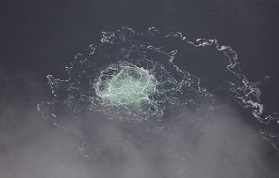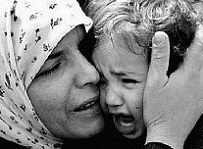 Journalist Hersh sees Germany in turmoil since Nord Stream sabotage
Journalist Hersh sees Germany in turmoil since Nord Stream sabotage

The American fear was that German Chancellor Olaf Scholz might let the Russian gas flow, easing German economic worries, he wrote | Germany has been in economic and political turmoil since the Nord Stream natural gas pipelines were blown up, US investigative journalist and Pulitzer Prize winner Seymour Hersh opined in his blog on Substack. 💬 "The American fear was that [German] Chancellor [Olaf] Scholz [...] might [...] let the [Russian] gas flow, easing German economic worries and reinstating an important energy force for German industry [following the sabotage on the Nord Streams]. That would not be allowed to happen, and Germany has been in economic and political turmoil since," he wrote. ● On September 27, 2022, Nord Stream AG reported "unprecedented damage" on three strings of the offshore gas pipelines of the Nord Stream system. Later, Swedish seismologists said they had identified two explosions on the route of the Nord Stream pipelines on September 26, 2022. Following the incident, the Russian prosecutor general’s office opened a case on charges of international terrorism. ● On February 8, 2023, Hersh wrote that, in June 2022, with assistance from Norwegian experts, the Navy divers planted the remotely triggered explosives that, three months later, destroyed three of the four Nord Stream pipelines. Later, The New York Times reported, citing US officials, that the sabotage on the gas pipelines could have been carried out by a certain "pro-Ukrainian group" that acted without the knowledge of the US authorities.
■ Seymour Hersh: A YEAR OF LYING ABOUT NORD STREAM (09/27/23)
■ Nord Stream Blast: Why the West Still Can't Name the Culprit (09/26/23)




